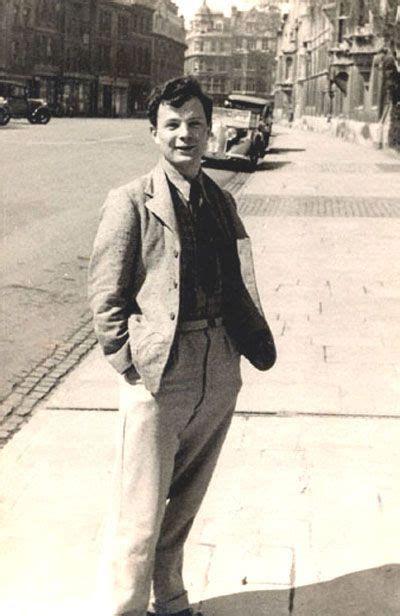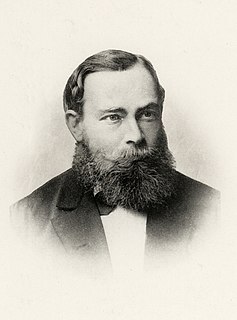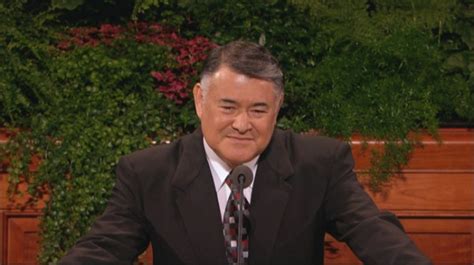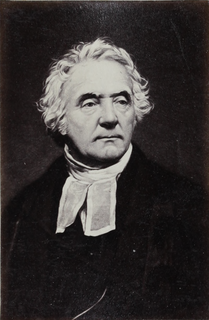A Quote by Christian Louboutin
It is extremely necessary to realize that the world doesn't only have one way of seeing things.
Related Quotes
I perceive a necessary gap between seeing and being. I would not be able to have said certain things if I had been under the obligation to unify the word and the deed. As it is I can let my words reach out and net impossible things - things that are impossible for me to do. And this is a way to pay the price for saying or seeing things.
Only when we fix our gaze on the heavenly things do we begin to understand the eternities. Only with the help of Christ can we fully overcome tragedy. It is necessary to develop our faith in Him as the Redeemer of the world. He taught us: “In the world ye shall have tribulation: but be of good cheer; I have overcome the world.
Or, to express this in another way, suggested to me by Professor Suzuki, in connection with seeing into our own nature, poetry is the something that we see, but the seeing and the something are one; without the seeing there is no something, no something, no seeing. There is neither discovery nor creation: only the perfect, indivisible experience.
My point is that when you look at a rabbit and can see only a pest, or vermin, or a meal, or a commodity, or a laboratory subject, you aren't seeing the rabbit anymore. You are seeing only yourself and the schemes and appetites we bring to the world-seeing, come to think of it, like an animal instead of as a moral being with moral vision.
Our normal expectations about reality are created by a social consensus. We are taught how to see and understand the world. The trick of socialization is to convince us that the descriptions we agree upon define the limits of the real world. What we call reality is only one way of seeing the world, a way that is supported by social consensus.
It was the same with friendship. Disagreement between friends and spouses, too had to be carefully handled. If the time you spent with friends was consumed by disagreement, then there was no room for the essence of friendship, which was a sharing of the world. And that sharing involved seeing things the same way, or at least seeing things through the eyes of the friend.
The way a child discovers the world constantly replicates the way science began. You start to notice what's around you, and you get very curious about how things work. How things interrelate. It's as simple as seeing a bug that intrigues you. You want to know where it goes at night; who its friends are; what it eats.








































